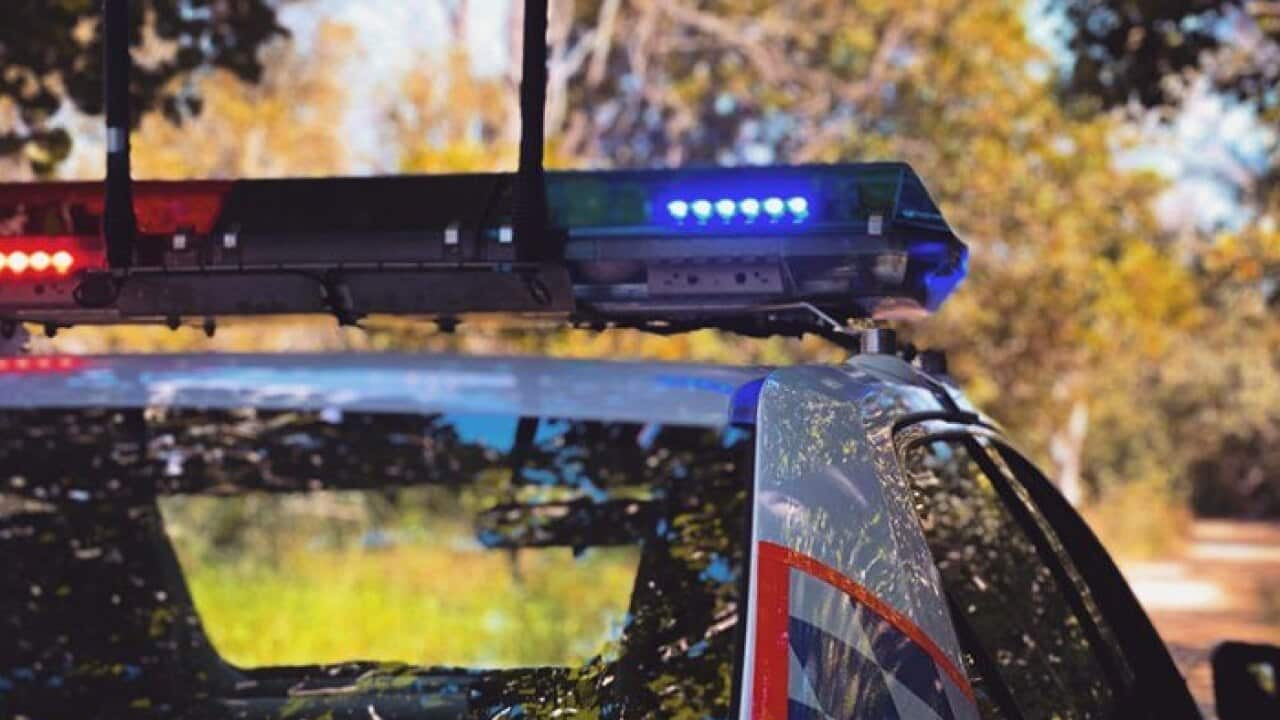As tough-on-crime rhetoric tightens its grip across Australia, Aboriginal and Torres Strait Islander children are increasingly bearing the brunt of punitive policing.
Community lawyers and human rights advocates are now warning that state-sanctioned powers are instead causing harm to some of the country’s most vulnerable.
From New South Wales to the Northern Territory, experts say coercive police powers like Firearm Prohibition Orders (FPOs) and strip searches are being used in ways that breach legal intent, violate human rights, and deepen systemic racism within Australia’s justice system.
Targeted, over-policed and Undermined
Leading police accountability lawyer Samantha Lee from Redfern Legal Centre says her team is seeing Aboriginal young people disproportionately targeted under laws that were never meant to apply so broadly - or so punitively.
“These laws are not being used in the way Parliament intended,” Ms Lee told NITV.
“FPOs are increasingly being used as tools of intimidation, particularly against young Aboriginal people - many of whom have no history with firearms at all.”
Firearm Prohibition Orders (FPOs) were introduced in NSW as a legislative tool to reduce gun-related crime.
They give police wide powers to stop, search, and monitor individuals suspected of posing a risk with firearms - even if those individuals have never been caught with a weapon.
Once an FPO is issued, police can search a person, their home, or vehicle at any time, without a warrant.
Lee says her clients are being caught in the net for minor offences, or simply for associating with someone else who has an FPO.
“We’ve had young clients issued with these orders over things like trespassing or property damage. In some cases, they were just in a car with someone who had an FPO.
"That’s not what this law was designed for.”
Systemic discrimination in policing
Redfern Legal Centre’s research shows First Nations people are over-represented in the use of FPOs, strip searches, general searches, and use of force by NSW Police.
Lee says these figures aren’t a coincidence - they point to a much deeper problem.
“You can’t look at this data and dismiss it. This isn’t about more crime—it’s about over-policing and racial profiling. It’s systemic.”
One of the most alarming trends is the growing number of Aboriginal children being subjected to strip searches - some as young as 10 years old.
“These are incredibly invasive procedures,” Lee said.
“And they’re happening in public places, in full view of others. We’re talking about children who are being traumatised, often without parents present, and with little regard for their rights or welfare.”
A national pattern of human rights violations
The issues in NSW are not isolated. Across the country, tough-on-crime policies are being rolled out in ways that disproportionately affect Indigenous communities - particularly children.
Katie Kiss, a Kaanju and Birri/Widi woman and the Aboriginal and Torres Strait Islander Social Justice Commissioner at the Australian Human Rights Commission, warned that Indigenous rights are facing a sustained and escalating assault.
“We are in an invisible war for our survival, dignity and wellbeing,” Ms Kiss said.
“This isn’t just a local issue - it’s part of a global pattern facing Indigenous peoples around the world.”
She criticised recent youth crime crackdowns in Queensland and the Northern Territory, where governments have introduced laws that reduce protections for young people, including lowering the age of criminal responsibility to 10 and expanding adult penalties for children.
“What we’re seeing in Queensland are egregious breaches of children’s rights,” she said.
“And in the NT, we have political leaders who appear completely unfazed by criticism from the United Nations. That speaks volumes.”
‘Operating in a vacuum’: Lack of oversight
In NSW, Lee says one of the biggest concerns is the near-total lack of oversight for how FPOs and strip searches are being used.
“No one’s properly auditing this," she told NITV.
"These powers are being exercised without independent scrutiny, and when that happens - especially in over-policed communities - it’s not just a legal issue, it’s a human rights issue.”
She and other legal advocates are calling for urgent reforms, including independent monitoring of how FPOs and search powers are applied, stricter legal thresholds to prevent misuse, and a full review of police culture and training, particularly around racial bias and trauma-informed practices.
“The public needs to know what’s happening to our young people,” Lee said.
“This isn’t just about rogue officers - it’s about systemic failures that demand accountability.”

